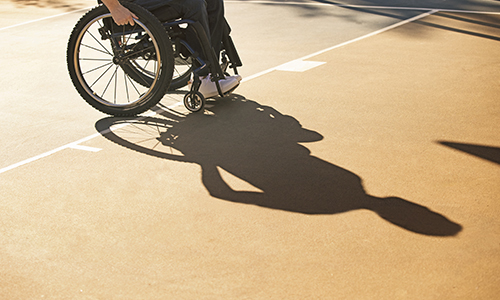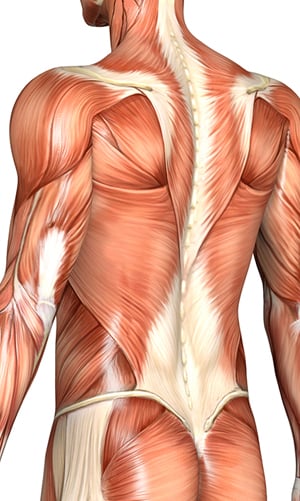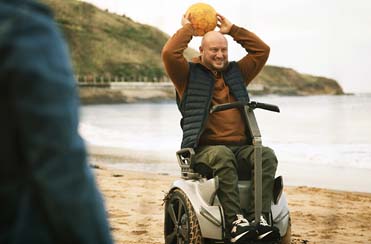Periods of sadness are common after experiencing spinal cord injury but are unique from depression, which is a serious medical disorder. Understanding the difference can help those living with an SCI manage them both
For the survivor of a spinal cord injury, it is not uncommon to experience periods of sadness. Sadness, however, should not be confused with depression, which is a much more serious medical condition. To better understand the difference, it helps to take a closer look at what exactly depression is.
Unlike “feeling blue” or “down in the dumps,” depression is a serious medical disorder that can have a tremendous effect on a person’s thoughts, feelings, and physical and daily activities. And while 1 in 20 Americans experience some level of depression each year, it is even more common in the spinal cord injury population–about 1 in 5 people.
Now, the exact causes of depression are not completely known, but we do know life stresses and medical problems, such as spinal cord injury, can cause a change in levels of certain brain chemicals called neurotransmitters. These chemical imbalances are linked to many physical and emotional changes the SCI patient may experience.
Some of the symptoms of depression include, but are not limited to, changes in sleep; feelings of hopelessness; loss of interest or pleasure in activities; changes in appetite; diminished energy; difficulty in concentrating or making decisions; feelings of worthlessness; and thoughts of death or suicide.
The good news for spinal cord injury survivors is that depression can almost always be treated with counseling, antidepressant medications, physical activity, or a combination of any of these.
Counseling, specifically that which includes cognitive-behavior therapy, has proven to be particularly effective for SCI patients experiencing depression. This type of therapy is based on the idea that depression improves when people are more engaged in meaningful activities, which helps them regain positive beliefs about themselves, their world, and their future. For the SCI patient, this means working together with a therapist to find and resume activities which are important to you by helping you overcome physical and mental barriers which may be preventing you from doing them. It’s a way to help you recognize the dangers of negative thinking, while reinforcing the effects of positive thinking and action.
As stated above, we know there is a direct connection between depression and certain chemical imbalances in the brain. Antidepressant medications help restore this balance, leading the sufferer of depression to feel better both emotionally and physically. They are not addictive, and when used in combination with counseling, prove quite effective in controlling depression.
The important point to remember is that depression is not a given, even for people with severe spinal cord injury. (As a matter of fact, most SCI patients do not experience depression.) But if you feel you are experiencing symptoms of depression, knowing it is both treatable and beatable makes it easier to reach out to physicians, neurologists, psychiatrists, or others on your rehabilitation team who can start treatment or refer you to mental health professionals as needed.








